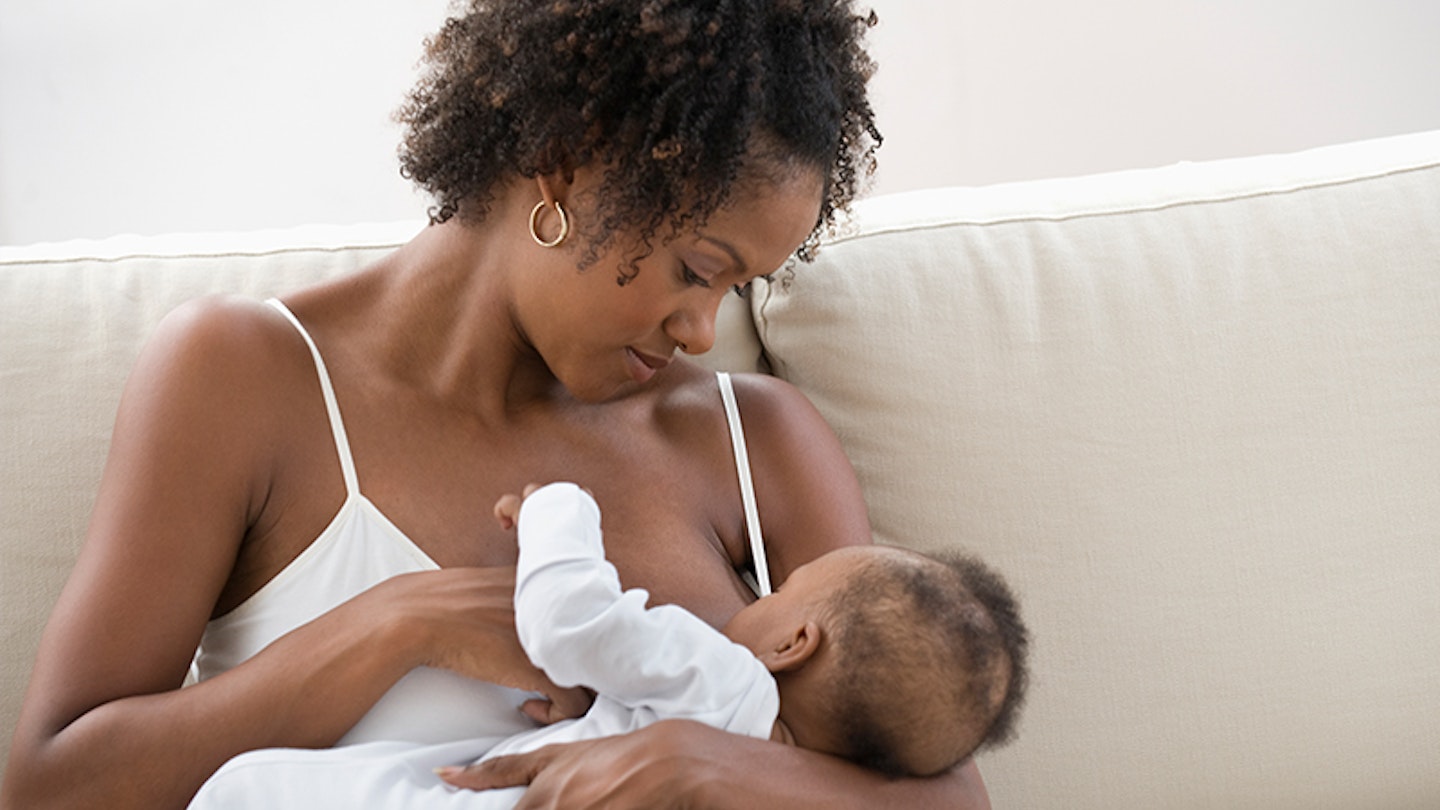
'Breast is best' is a phrase you’ll hear many times as a new mum – and for good reason. As well as providing some amazing health benefits for baby, breastfeeding is good for you, too.
As well as being available to feed your baby whenever and wherever you want, it’s also great for bonding with your baby as it produces oxytocin – aka the love hormone.
Still, if you need any more reasons to give breastfeeding a go, there are plenty of other benefits, including some more surprising ones, for both you and your child.
Benefits of breastfeeding:
breastfeeding benefits
 1 of 11
1 of 111) It’s milk designed for your baby
Breast milk is the only natural food designed for your baby. While formula milk can provide adequate nourishment, breast milk contains a powerful cocktail of hormones, living cells, enzymes and antibodies, which help protect your baby from infections and diseases.
In fact, a study by The Hartmann Human Lactation Research Group at the University of Western Australia, suggests that breast milk contains no less than 415 individual proteins – created by humans for humans, each one has a purpose for your growing baby.
Pretty incredible, huh?
 2 of 11
2 of 112) Even a small amount makes a difference
Just 24 hours of breastfeeding will stabilise your newborn’s blood sugars, protect his gut and provide some protection against disease.
But, the longer you do it, the longer the protection lasts and the greater the benefits – the World Health Organisation recommends mums breastfeed exclusively for at least the first six months of a baby’s life.
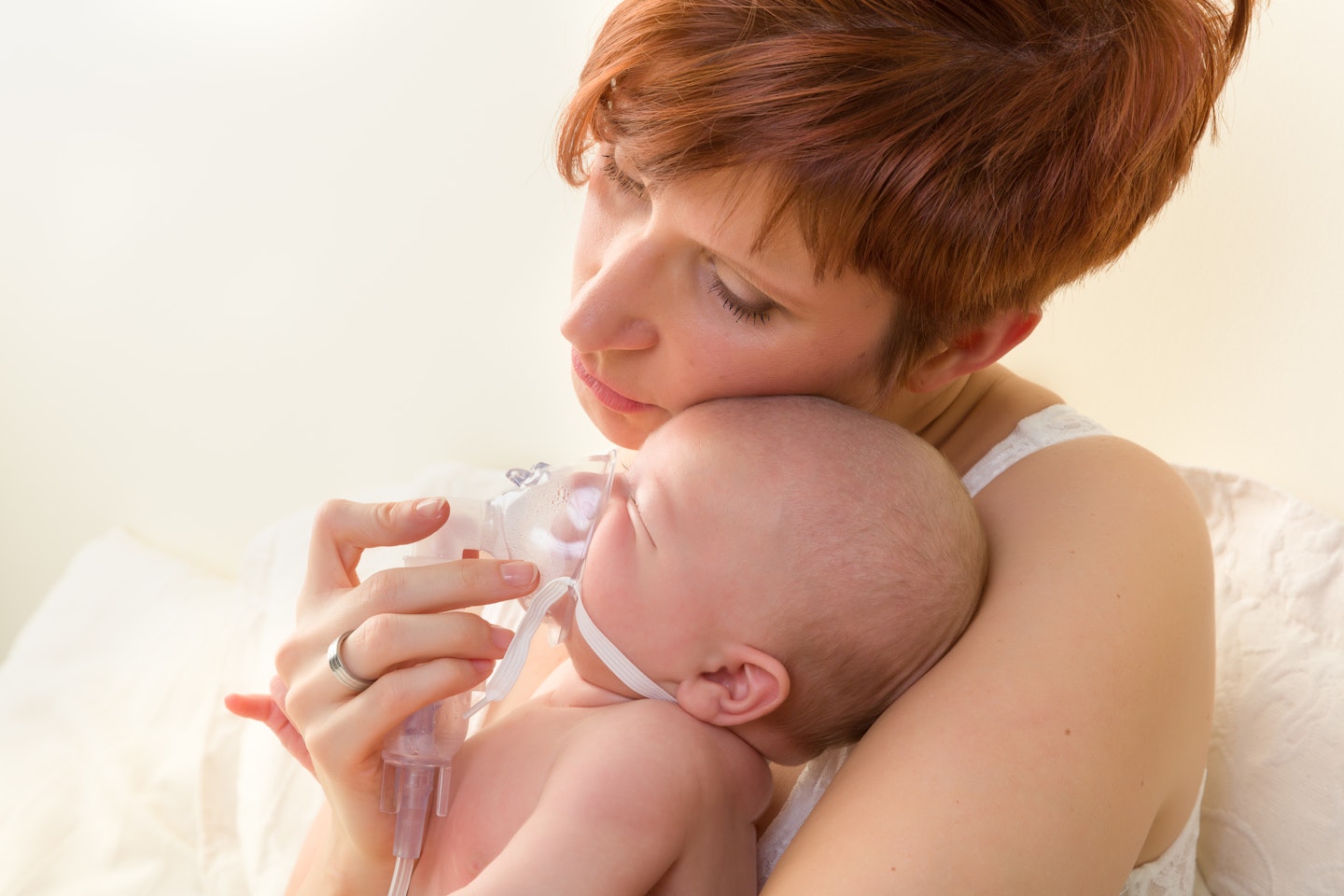 3 of 11
3 of 113) It protects your baby’s long-term health
Studies show that breastfed babies are less likely to suffer from a range of health complaints – including chest, ear and urinary infections, tummy upsets such as diarrhoea, vomiting and constipation, as well as asthma and eczema.
There is also evidence to suggest that breastfed babies are less likely to develop serious conditions, such as childhood leukemia and type 2 diabetes.
 4 of 11
4 of 114) Boosts your baby’s brain development
Researchers from Brown University have found further evidence to show that breastfeeding can help enhance the development of babies’ brains.
Using baby-friendly MRI scanning, they found that infants who were breastfeed exclusively had enhanced brain development, compared with those who were combined-fed or given formula alone.
By the age of two, babies who had been exclusively breastfed for at least three months displayed more development in parts of the brain associated with language, emotional function and cognition; while those who were combined-fed were more advanced than those who were bottle-fed alone.
 5 of 11
5 of 115) It benefits your health
Breastfeeding isn’t just good for baby – it comes with serious health benefits for mums, too. As well as lowering your risk of breast and ovarian cancer, studies show that women who breastfeed are less likely to suffer with hip fractures and rheumatoid arthritis in later life.
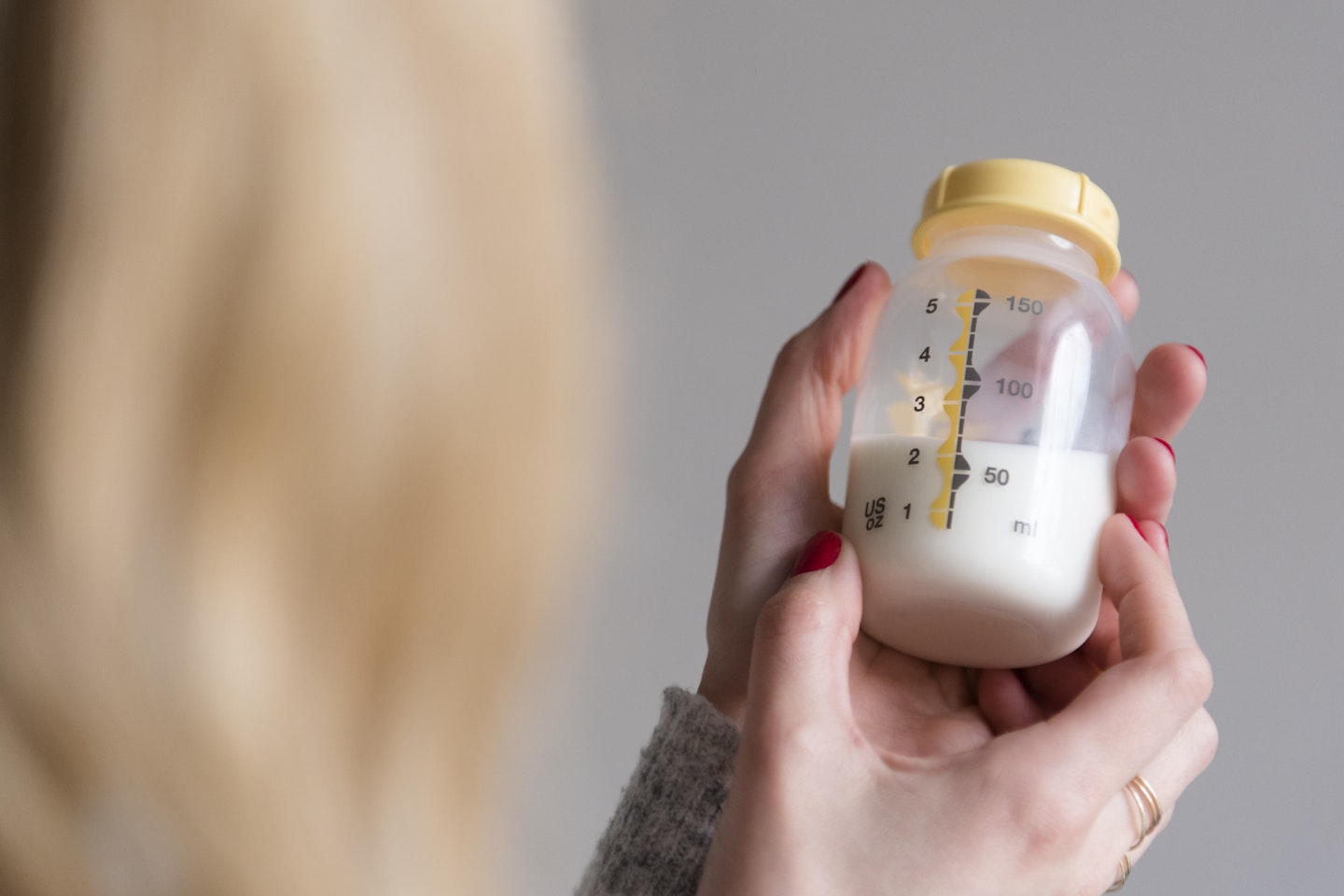 6 of 11
6 of 116) Breast milk has bug-fighting powers
Yes, it could help the NHS. A study by the University of Buffalo in the US found that a molecule derived from human breast milk helped make the MRSA superbug much more sensitive to antibiotics.
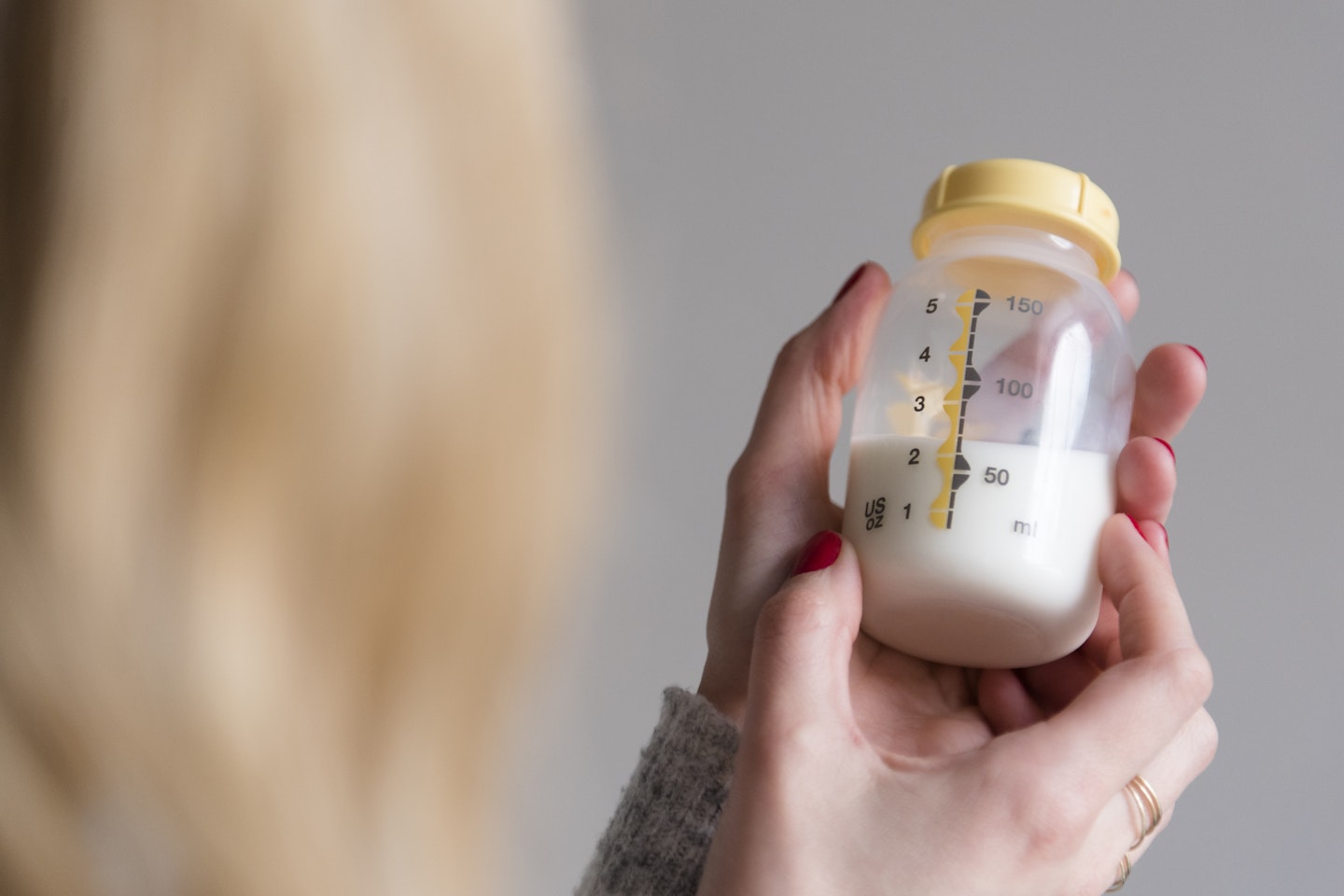 7 of 11
7 of 117) Breastfeeding burns calories
If you’re concerned about losing the baby weight, nursing uses up to 500 calories a day – a great way to help naturally lose your baby weight.
All these things should help you feel more confident about your decision to breastfeed. But, that doesn’t mean it will necessarily all be easy for you.
Make sure you get the support you need – and never feel guilty about your feeding decision.
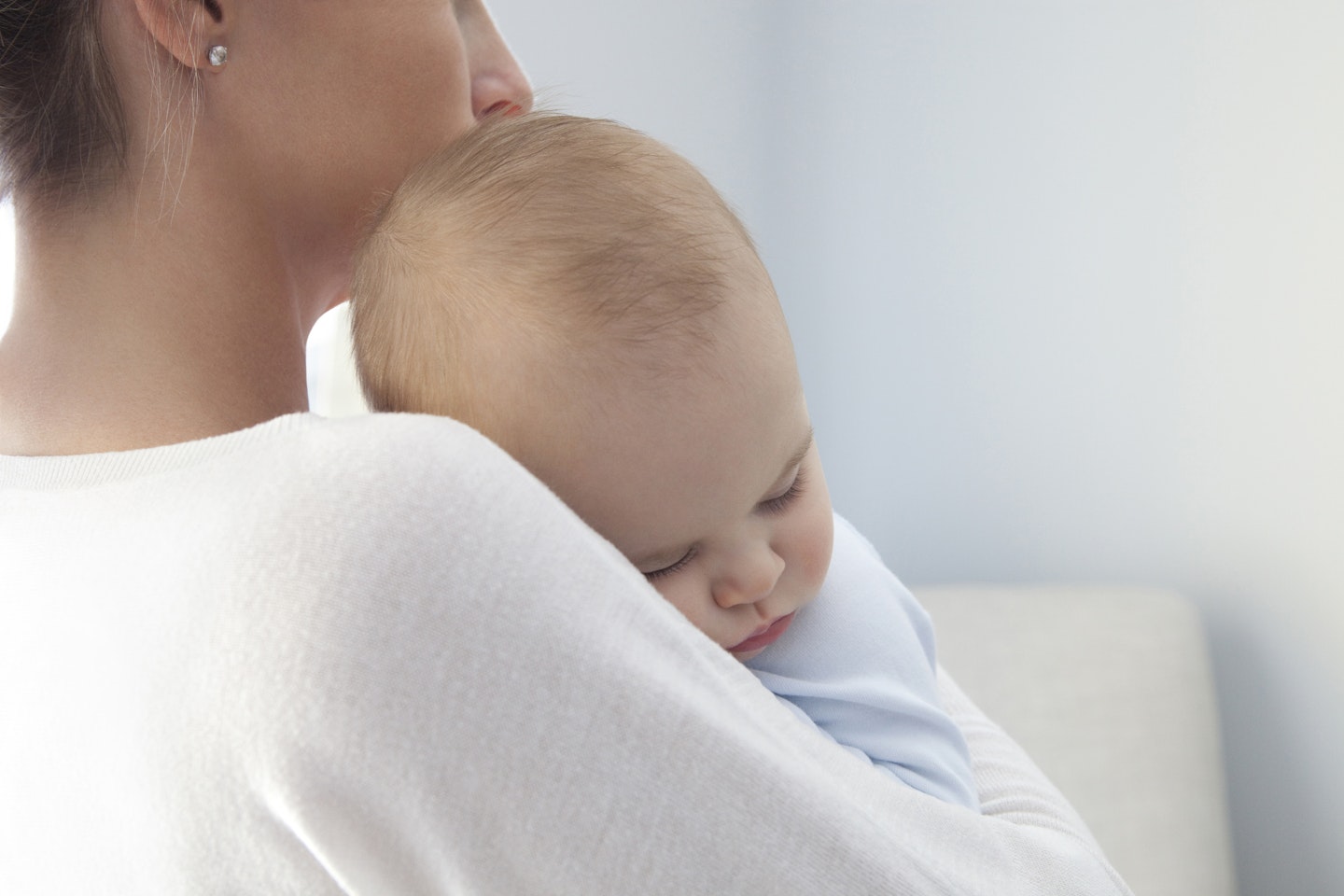 8 of 11
8 of 118) They will recover from illness quickly
Breastfeeding your baby is great for when they are a bit older when they're too ill to eat, but still able to breastfeed. If they feed on your breast milk they are likely to recover from being ill more quickly.
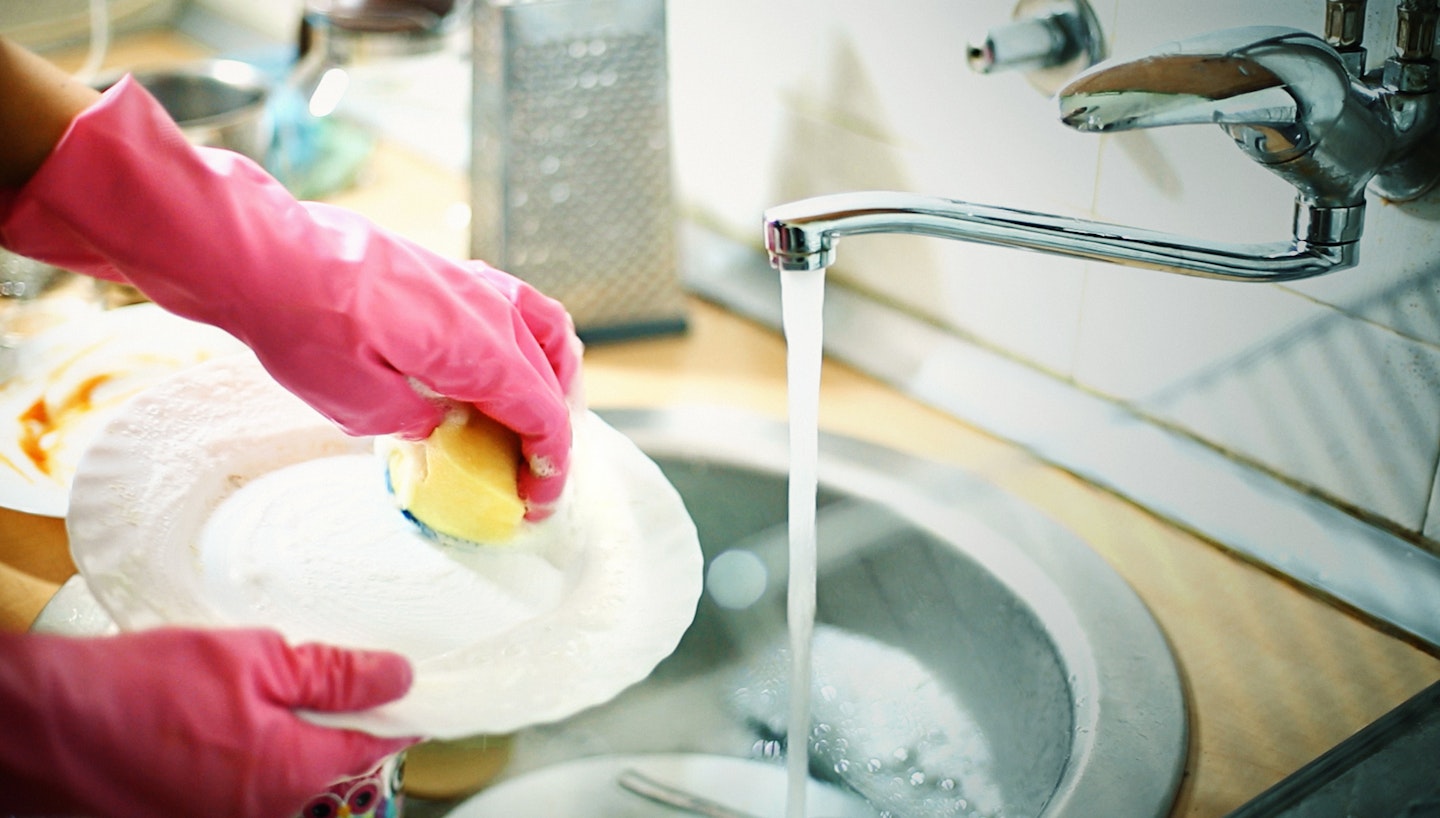 9 of 11
9 of 119) Less washing up
As you won't be needing to wash any bottles with breastfeeding, there will be a lot less washing up for you to do. As soon as your baby needs to be fed, they can without needing to prepare or sterilise as your milk is already good to go.
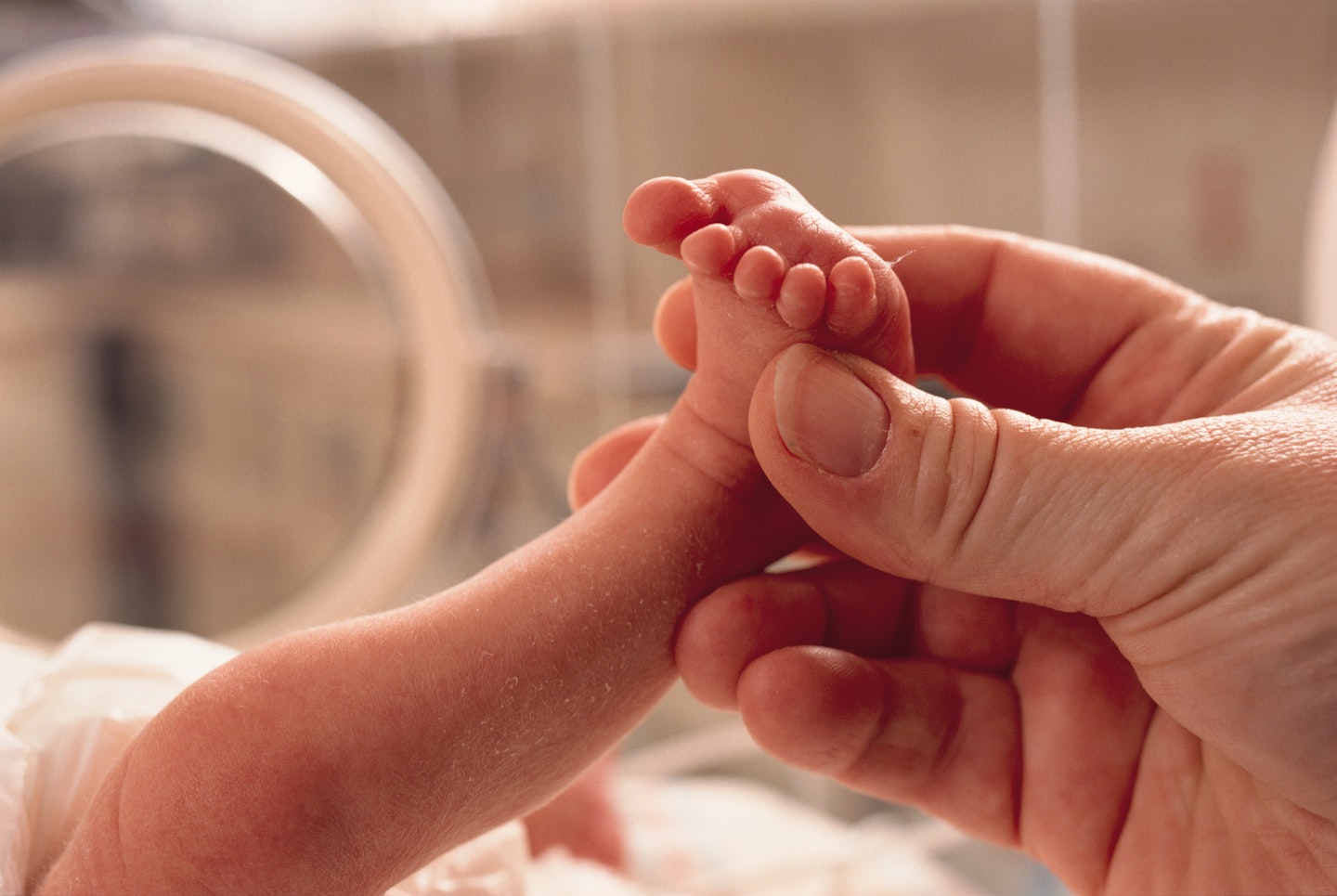 10 of 11
10 of 1110) Gives premature babies best protection against illness
As mentioned before, feeding them on breast milk will protect their life-long health, and this is vital for premature babies. Research has said that breast milk can be the best protection for them from getting sepsis, chronic lung disease and necrotising enterocolitis. 'It reduces the risk of short-and long-term morbidities in premature infants.'
 11 of 11
11 of 1111) Breastfed babies get back to sleep sooner
Although you may have heard formula-fed babies sleep for longer than those who have breastfed milk, breastfed babies actually get back to sleep sooner. According to research, the oxytocin produced in your body when he breastfeeds makes him feel very sleepy.
Let us know what you think of breastfeeding on Facebook orTwitter!
Now read:

